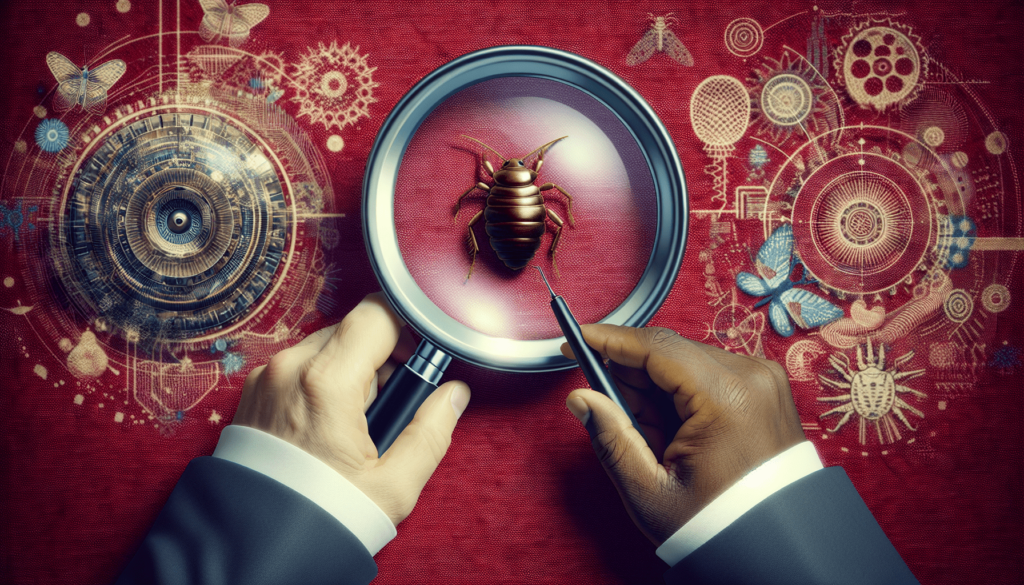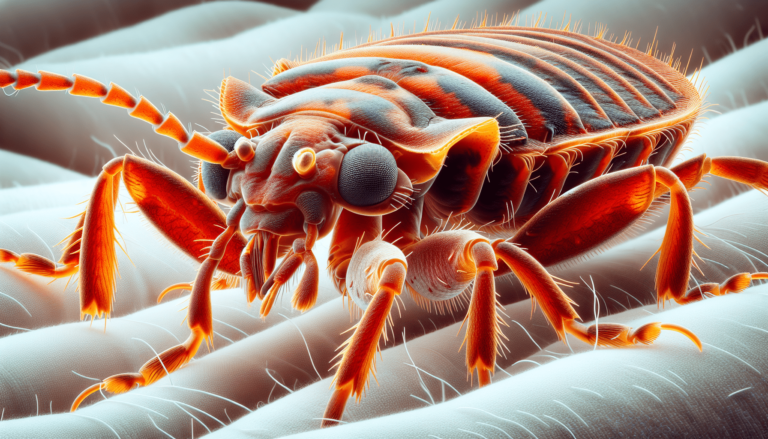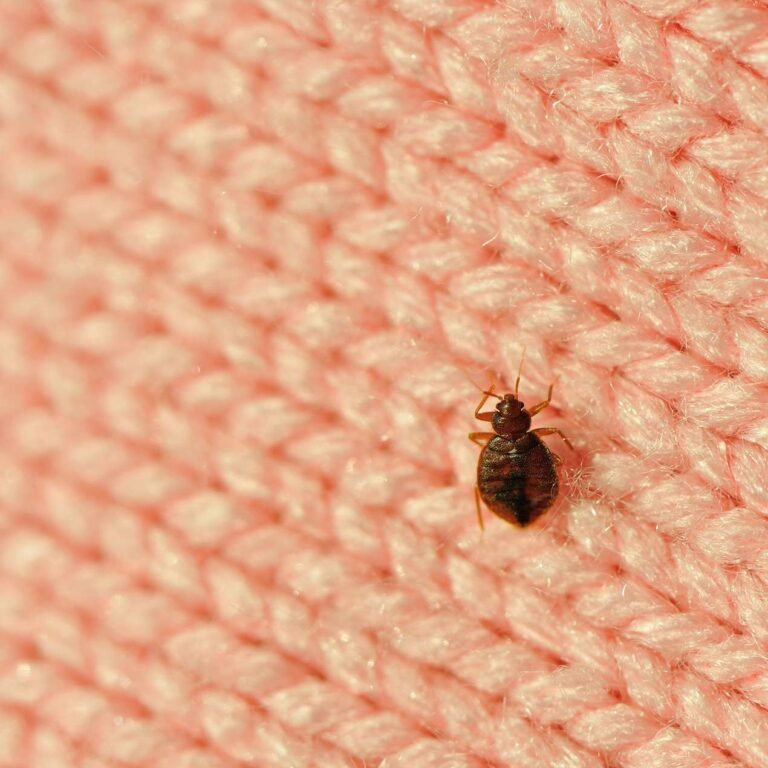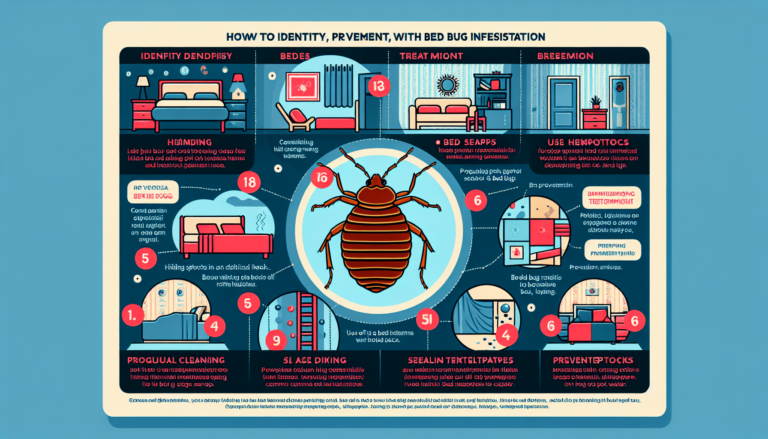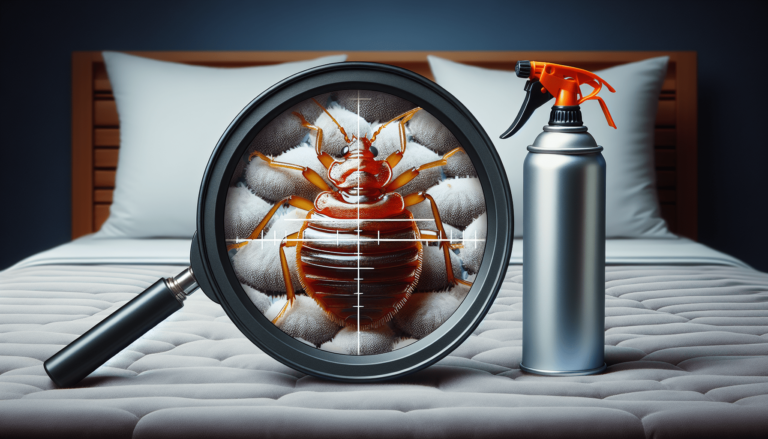What to do when bed bugs bite
If you’ve ever experienced the dreaded phenomenon of bed bugs biting, you know how distressing and uncomfortable it can be. But fear not, because in this comprehensive article, you will find an abundance of invaluable information, tips, and solutions to alleviate the aftermath of a bed bug encounter. As a seasoned expert in dealing with these pesky pests, I will guide you through the necessary steps to take when faced with bed bug bites. From practical remedies to preventative measures, this article will equip you with the knowledge to effectively address this nuisance. So, prepare to delve into a wealth of knowledge on what to do when bed bugs bite.
Understanding Bed Bug Bites
Bed bugs, scientifically known as Cimex lectularius, are small parasitic insects that feed on human blood. These pests have become a major concern in recent years due to their ability to infest homes, hotels, and other establishments. Bed bugs are primarily active at night and can cause a range of issues, including bites that lead to discomfort, itching, and potential complications.
Introduction to bed bugs
Bed bugs are small, reddish-brown insects that are approximately the size of an apple seed. They have flat, oval-shaped bodies and are often mistaken for other insects such as ticks or fleas. Bed bugs are excellent hitchhikers and can travel on clothing, luggage, and furniture, allowing them to easily spread from one location to another.
Signs and symptoms of bed bug bites
Bed bug bites typically appear as small, raised bumps on the skin. They are often grouped together in a linear or clustered pattern and can be accompanied by redness, inflammation, and itching. In some cases, individuals may experience an allergic reaction to the bed bug saliva, which can result in more severe symptoms such as blisters or hives.
Complications from bed bug bites
Although bed bug bites are generally not dangerous, they can lead to complications, particularly if the skin is scratched excessively. Scratching the bites can introduce bacteria into the skin, increasing the risk of infection. Additionally, some individuals may develop an allergic reaction to the bites, which can cause more severe symptoms and require medical attention.
Preventing Bed Bug Bites
Preventing bed bug bites is crucial in maintaining a clean and healthy living environment. By implementing effective preventive measures, individuals can reduce their risk of encountering these pests and minimize the chances of being bitten.
Keeping a clean environment
Maintaining cleanliness in your home is essential in preventing bed bug infestations. Regularly vacuuming floors, mattresses, and furniture can help remove any potential hiding places for bed bugs. It is also important to wash bedding, clothes, and curtains regularly in hot water to kill any existing bed bugs or their eggs.
Using bed bug-proof covers
Investing in bed bug-proof covers for mattresses and pillows can act as a protective barrier, preventing bed bugs from infesting these areas. These covers should be high-quality and feature a tightly woven fabric that is resistant to bed bug penetration.
Inspection during travel
When traveling, it is essential to inspect hotel rooms and other accommodation for signs of bed bugs before settling in. Look for small blood stains, dark spots (indicating bed bug excrement), or live bed bugs in the mattress seams, headboard, or crevices of furniture. If any signs are found, request a room change or choose another accommodation.
Professional bed bug prevention
For individuals who have experienced a bed bug infestation in the past or reside in an area prone to bed bugs, seeking professional pest control services may be necessary. Pest control experts can assess and treat your home to eliminate any existing bed bugs and implement preventive measures to prevent future infestations.

This image is property of pixabay.com.
Immediate Actions After Bed Bug Bites
If you do experience bed bug bites, taking immediate action can help alleviate discomfort and minimize the risk of complications.
Cleaning the bite area
Washing the bites with mild soap and water can help cleanse the area and reduce the risk of infection. Gently pat the bites dry with a clean towel.
Applying over-the-counter creams
Over-the-counter creams or ointments containing hydrocortisone or calamine can help reduce itching and inflammation associated with bed bug bites. These products should be applied according to the instructions provided.
Avoiding scratching
Resist the urge to scratch the bed bug bites, as excessive scratching can break the skin and increase the risk of infection. If necessary, wearing gloves or using distraction techniques can help divert your attention from the itch.
Taking oral antihistamines
Oral antihistamines, such as diphenhydramine, can help alleviate itching and reduce allergic reactions caused by bed bug bites. It is important to follow the recommended dosage instructions and consult a healthcare professional if needed.
Long-term Treatment for Bed Bug Bites
For individuals who continue to experience bed bug bites or have severe allergic reactions, seeking medical treatment may be necessary.
Consultation with dermatologists
Dermatologists specialize in the diagnosis and treatment of skin conditions, including bed bug bites. A dermatologist can assess your bites, provide appropriate treatment, and offer advice on preventing future infestations.
Prescription medications
In some cases, prescription medications may be necessary to treat severe itching or allergic reactions associated with bed bug bites. These may include topical corticosteroids, antihistamines, or oral antibiotics if an infection occurs.
Skin care after bed bug bites
Proper skin care after bed bug bites can help promote healing and reduce the risk of scarring. Keeping the bites clean, applying moisturizers, and avoiding direct sunlight can aid in the recovery process.
Managing itch symptoms
If itching from bed bug bites persists, your healthcare professional may recommend alternative treatments such as oral corticosteroids or antihistamines to provide relief. It is important to follow their advice and report any worsening symptoms.

This image is property of pixabay.com.
Home Remedies for Bed Bug Bites
While home remedies may not provide immediate relief from bed bug bites, some individuals find them helpful in soothing the itch and reducing inflammation.
Use of aloe vera
Aloe vera gel, known for its soothing properties, can be applied topically to bed bug bites to reduce itching and promote healing. It is best to use pure aloe vera gel or products specifically designed for skin care.
Application of apple cider vinegar
Apple cider vinegar has been suggested as a remedy for various skin irritations, including bed bug bites. Applying diluted apple cider vinegar to the bites may help alleviate itching and irritation.
Use of baking soda
Creating a paste using baking soda and water and applying it to bed bug bites can help relieve itching and reduce inflammation. Leave the paste on for a few minutes before rinsing it off with warm water.
Lemon juice for relief
The citric acid in lemon juice has natural anti-inflammatory and antimicrobial properties. Applying lemon juice to bed bug bites may help reduce swelling and soothe itching. It is important to note that lemon juice may cause skin irritation in some individuals, so it should be used with caution.
Getting Rid of Bed Bugs
Eliminating bed bugs requires a combination of thorough cleaning, effective treatment methods, and ongoing prevention strategies.
Identifying bed bug infestation
To effectively get rid of bed bugs, it is crucial to first identify the presence of an infestation. Look for signs such as live bed bugs, shedded skins, blood stains, or dark spots on mattresses, furniture, or walls.
Professional pest control services
For severe bed bug infestations, it is recommended to seek professional pest control services. Certified exterminators have the knowledge, experience, and tools necessary to safely eliminate bed bugs and prevent their return.
DIY treatments for bed bugs
Some individuals may choose to tackle bed bug infestations themselves using do-it-yourself (DIY) treatments. These may include using bed bug sprays, steamers, or applying diatomaceous earth. It is essential to carefully follow the instructions provided and take necessary precautions to ensure safety.
Maintaining a bed bug-free environment
After successfully eliminating bed bugs, it is important to implement preventive measures to maintain a bed bug-free environment. Regularly cleaning and vacuuming your home, inspecting second-hand furniture or clothing before bringing them into your home, and using mattress and pillow covers can help prevent future infestations.

This image is property of pixabay.com.
Common Myths about Bed Bugs
There are several myths and misconceptions surrounding bed bugs. It is important to separate fact from fiction to better understand these pests and their bites.
Debunking bed bug myths
Contrary to popular belief, bed bugs are not caused by poor hygiene or dirty environments. They can infest clean homes, hotels, and other establishments. Additionally, bed bug bites do not transmit diseases.
Understanding the real risks of bed bugs
While bed bugs themselves are not known to carry diseases, their bites can result in allergic reactions and secondary infections. Understanding the potential risks can help individuals take appropriate precautions to prevent and treat bed bug bites.
The truth about bed bug bites
Bed bug bites are not always immediately noticeable, and not everyone reacts to them in the same way. Some individuals may develop visible symptoms, while others may show no signs of bites. It is important to rely on professional identification and understanding the distinct characteristics of bed bug bites.
Psychological Effects of Bed Bug Bites
Bed bug infestations can take a toll on an individual’s mental and emotional well-being, ranging from anxiety and stress to impacts on sleep quality and fear of future infestations.
Dealing with anxiety and stress
Discovering a bed bug infestation can cause anxiety and stress due to the invasive nature of these pests. It is essential to seek emotional support from friends, family, or professionals to help cope with these feelings.
Impact on sleep quality
Bed bugs are primarily active at night, causing discomfort and disrupting sleep. The bites can itch and cause distress, leading to poor sleep quality. Addressing the underlying bed bug infestation is crucial in restoring peaceful sleep.
Overcoming fear of future infestations
Experiencing a bed bug infestation can leave individuals with a fear of future infestations, leading to hyper-vigilance and anxiety. Seeking professional advice and implementing effective preventive measures can help alleviate these concerns and provide peace of mind.
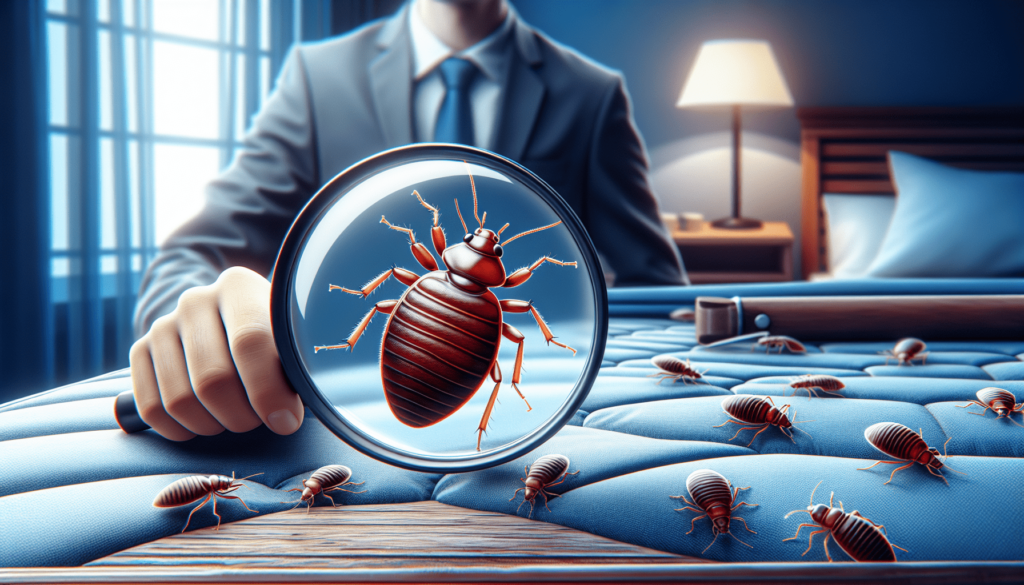
Impact of Bed Bug Bites on Health
Although bed bug bites are generally not considered a major health concern, they can have physical and psychological effects on individuals.
Possible allergic reactions
Some individuals may experience an allergic reaction to bed bug bites, resulting in symptoms such as severe itching, swelling, and even difficulty breathing. Seeking medical attention is crucial if any signs of an allergic reaction occur.
Chance of infection
Scratching bed bug bites excessively can break the skin and increase the risk of infection. It is important to keep the bite area clean and apply appropriate treatments to prevent infection.
Effects on sleep and overall wellbeing
Continuous itching and discomfort from bed bug bites can lead to sleep disturbances, which can impact overall wellbeing. Adequate rest is essential for physical and mental health, making the treatment and prevention of bed bug bites important for holistic wellbeing.
Educational Resources on Bed Bug Bites
To further enhance your understanding of bed bug bites, there are various educational resources available that provide comprehensive information and insights.
Reliable websites and blogs
Reputable websites and blogs, such as the Centers for Disease Control and Prevention (CDC) and the National Pest Management Association (NPMA), offer reliable information on bed bug bites, prevention, and treatment.
Expert testimonies and insights
Expert testimonies from entomologists, dermatologists, and pest control professionals can provide valuable insights into the biology and behavior of bed bugs, as well as effective strategies for eliminating infestations.
Infographics and visuals for better understanding
Visual resources, such as infographics and educational videos, can help simplify complex information about bed bug bites. These visuals can provide a clearer understanding of bed bug identification, prevention, and treatment.
Self-quiz to assess comprehension of the topic
To test your knowledge and comprehension of bed bug bites, consider taking a self-quiz that covers various aspects of the subject. These quizzes can reinforce your understanding and highlight areas that may require further study.
In conclusion, understanding bed bug bites is crucial for preventing infestations, addressing immediate symptoms, and ensuring holistic health and wellbeing. By implementing preventive measures, seeking professional assistance when needed, and staying informed through reliable educational resources, individuals can effectively manage and minimize the impact of bed bug bites.
